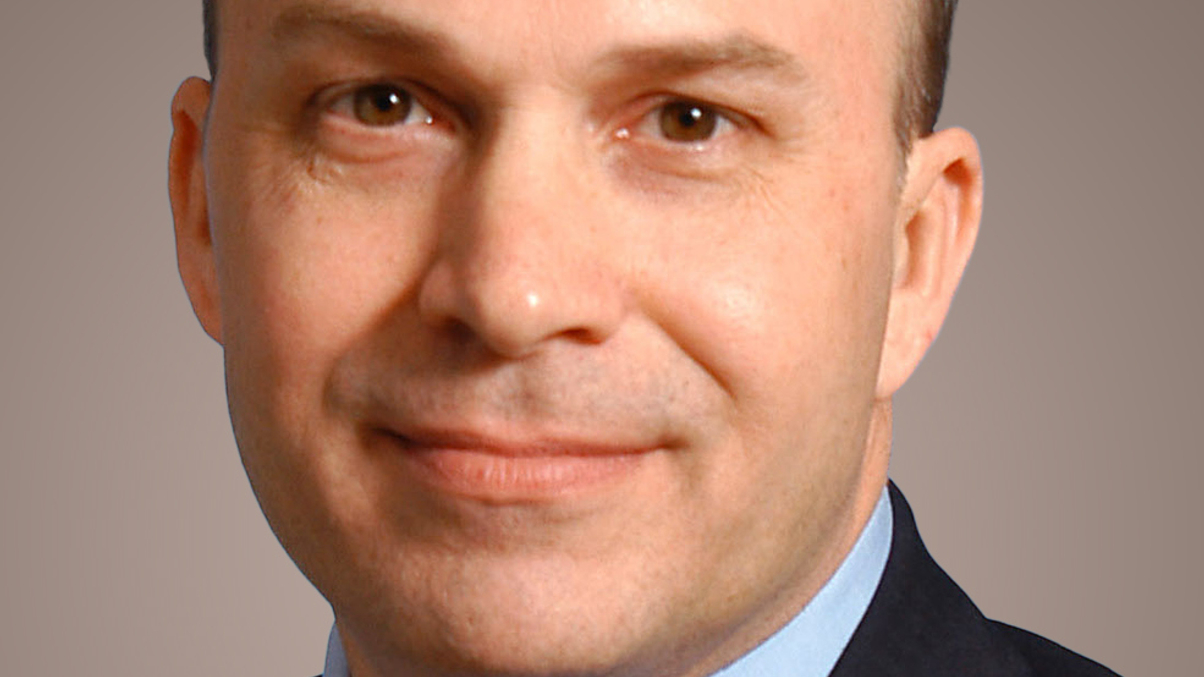Korean pensioners poorest in developed Asia
And Asian wealth as a whole is over-concentrated in property and bank deposits, finds a Manulife survey.

Asia’s lower social spending by governments and individuals’ declining financial dependency on their families, among other things, mean the region’s fast-ageing populations often face income insecurity when they enter retirement.
Sign In to Your Account
Access Exclusive AsianInvestor Content!
Please sign in to your subscription to unlock full access to our premium AI resources.
Free Registration & 7-Day Trial
Register now to enjoy a 7-day free trial—no registration fees required. Click the link to get started.
Note: This free trial is a one-time offer.
¬ Haymarket Media Limited. All rights reserved.


